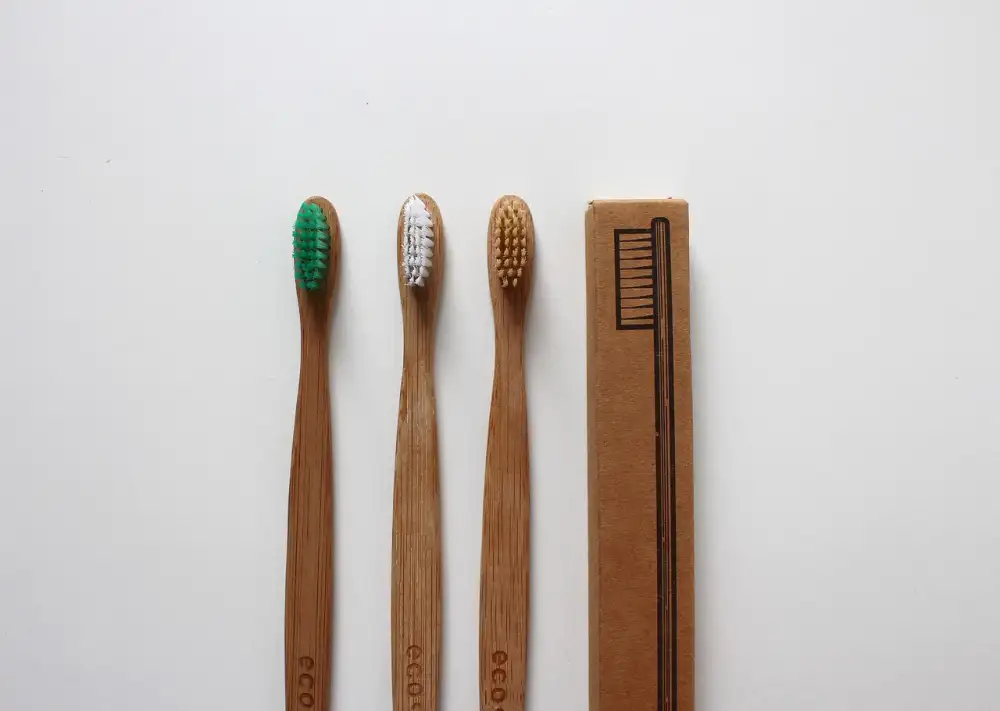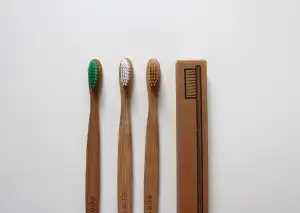Revolutionizing Oral Care: Innovative Toothbrush for Disabled Adults

- Importance of Oral Health for Adults with Disabilities
- Features of Toothbrushes for Disabled Adults
- Types of Toothbrushes Suitable for Different Disabilities
- Tips for Choosing the Right Toothbrush for Disabled Adults
- Proper Techniques for Using a Toothbrush for Disabled Adults
- Recommendations from Dentists and Healthcare Professionals
Maintaining good oral health is crucial for overall well-being, yet individuals with disabilities often face challenges in performing basic tasks like brushing their teeth. In response to this need, innovative toothbrushes specifically designed for disabled adults have been developed. These specialized tools aim to make oral care more accessible and effective for individuals with physical or cognitive impairments. By revolutionizing oral care practices, these toothbrushes are empowering disabled adults to take control of their dental hygiene and improve their quality of life.
Importance of Oral Health for Adults with Disabilities
Individuals with disabilities face unique challenges in maintaining good oral health, making it crucial to prioritize dental care. Poor oral hygiene can lead to serious health issues such as gum disease, tooth decay, and even systemic conditions like cardiovascular disease. Adults with disabilities are at a higher risk for these complications due to difficulties in performing daily oral care tasks independently. Therefore, regular dental check-ups and proper oral hygiene practices are essential to prevent oral health problems and maintain overall well-being for this vulnerable population.
Features of Toothbrushes for Disabled Adults
Toothbrushes designed for disabled adults often incorporate innovative features to enhance ease of use and effectiveness. These toothbrushes typically have ergonomic handles with a comfortable grip, making them easier to hold and maneuver for individuals with limited dexterity. Some models also come with built-in timers or indicators to ensure proper brushing duration. Additionally, there are toothbrushes with angled or flexible heads that can reach difficult-to-access areas in the mouth, promoting thorough cleaning. Furthermore, electric toothbrushes may be preferred as they require less manual effort and can be beneficial for those with physical limitations.
Types of Toothbrushes Suitable for Different Disabilities
When it comes to choosing a toothbrush for adults with disabilities, it's essential to consider the specific needs of each individual. There are various types of toothbrushes designed to accommodate different disabilities. For individuals with limited hand dexterity, electric toothbrushes with larger handles and easy-grip features can be beneficial. Toothbrushes with angled or flexible heads are suitable for those with mobility issues or difficulties reaching certain areas of the mouth. Additionally, specialized toothbrushes with suction cups or adapted handles are ideal for individuals with physical limitations. It's important to consult with a dentist or healthcare professional to determine the most suitable toothbrush based on the specific needs and abilities of the individual.
Tips for Choosing the Right Toothbrush for Disabled Adults
When choosing a toothbrush for disabled adults, consider the individual's specific needs and abilities. Opt for an ergonomic handle that is easy to grip, especially for those with limited dexterity. Look for toothbrushes with flexible necks and smaller heads to navigate around the mouth more effectively. Electric toothbrushes can be beneficial for those with mobility issues, as they require less manual dexterity. Additionally, consider soft bristles to prevent irritation and damage to sensitive gums. Consulting with a dentist or healthcare provider can also help in selecting the most suitable toothbrush for each individual's unique requirements.
Proper Techniques for Using a Toothbrush for Disabled Adults
Proper techniques for using a toothbrush are crucial for maintaining oral health in disabled adults. For those with limited dexterity, using an electric toothbrush can be beneficial as it requires less manual effort. The individual should hold the brush at a 45-degree angle towards the gum line and gently move it in small circular motions to effectively clean teeth and gums. Caregivers may need to assist with brushing to ensure thorough cleaning, especially for those with severe disabilities. Regularly replacing toothbrush heads every 3-4 months is also essential for optimal oral hygiene.
Recommendations from Dentists and Healthcare Professionals
According to dentists and healthcare professionals, it is crucial for disabled adults to use toothbrushes specifically designed for their needs. They recommend consulting with a dentist or oral health specialist to determine the most suitable type of toothbrush based on the individual's disability. Additionally, regular dental check-ups are essential to monitor oral health status and address any issues promptly. Dentists also stress the importance of proper technique and consistency in brushing to maintain good oral hygiene and prevent dental problems.
In conclusion, the innovative toothbrushes designed for disabled adults play a crucial role in promoting oral health and independence. By addressing the specific needs of individuals with disabilities, these toothbrushes help maintain good oral hygiene, preventing potential dental issues. It is essential to prioritize oral care for disabled adults to enhance their overall well-being and quality of life. With proper guidance from dentists and healthcare professionals, selecting the right toothbrush and utilizing proper techniques can significantly improve oral health outcomes for this vulnerable population. Emphasizing the importance of regular dental check-ups and consistent oral hygiene practices is key to ensuring optimal oral health for disabled adults. By advocating for accessible and tailored oral care solutions, we can empower disabled individuals to take control of their oral health and lead healthier, more independent lives.
Published: 08. 05. 2024
Category: Health



